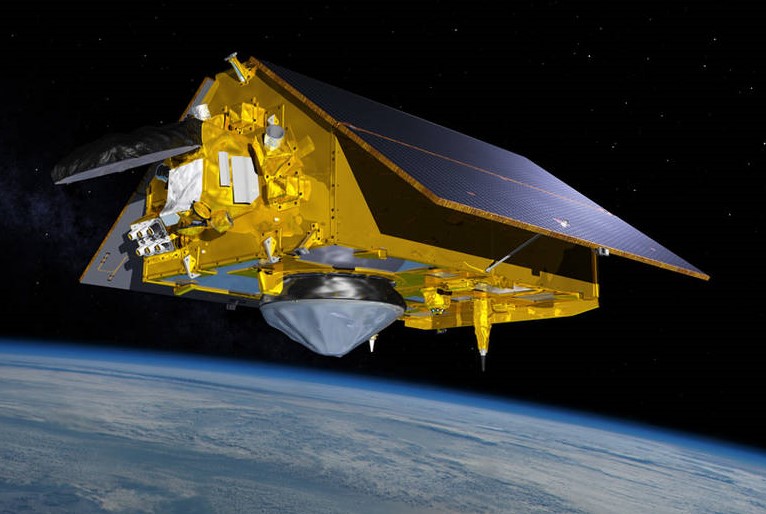
Angola will have an Angolan Earth Observation satellite, called ANGEO-1, of very high performance and will be built by Airbus Defense and Space, in the Republic of France,
The construction of the satellite as part of the official visit of the French President to Angola, and where he “lies in the mechanisms and actions to reinforce the partnership and collaboration between the two states".
ANGEO-1 will provide solutions for estimating agricultural productivity, monitoring deforestation, monitoring construction works, monitoring and detecting oil spills and detecting ships.
With its operation, it will be possible to take more than a thousand high resolution images per day with extreme acquisition capacity for local, national and regional coverage, being highly efficient for the main Angolan applications.
"Thanks to the massive access to satellite images, the high-tech ANGEO-1 will make a strong contribution to the development of infrastructures, mapping of Natural Resources, Maritime Surveillance, including Fishing, Agriculture, Population Census, just to name a few.”, quotes the note from the Ministry of Telecommunications, Information Technologies and Social Communication (MINTTICS).
BUT: Botswana expresses interest in Angosat-2 satellite services
MINTTICS further reports that this state-of-the-art satellite builds on more than 30 years of Airbus Defense and Space experience in building highly reliable, high-performance space systems.
"Once operational, it will become the most advanced and capable satellite of its kind in the region, positioning Angola as a leading space power.".
The national Earth Observation satellite will further promote the country's development in many different sectors, improving the lives of Angolan citizens, building capacity, diversifying the economy and benefiting a very diverse sector.
It should also be noted that ANGEO-1 will also enable Angola to continue to develop space-based decision support tools, thus increasing efficiency in a variety of sectors, both in the civil, public and security domains. This includes better understanding the origins and impacts of climate change on the economy, for example monitoring drought, rising sea levels, water resources and reducing asset loss with more effective disaster preparedness and response actions.







